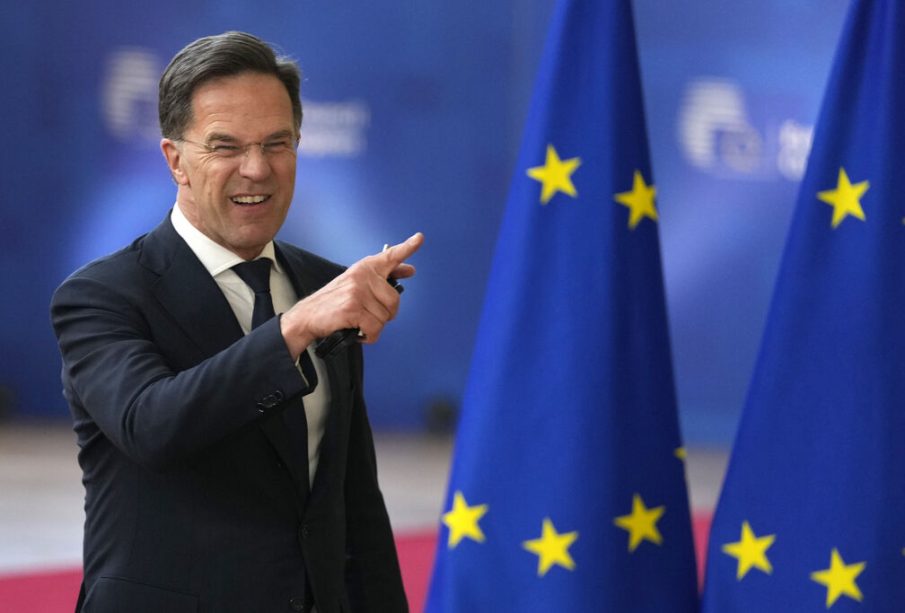Mark Rutte: Key Developments in Dutch Politics

Introduction
Mark Rutte, the Prime Minister of the Netherlands, has been a central figure in Dutch politics since he took office in 2010. His tenure has seen a myriad of significant policies, social challenges, and political dynamics that have not only shaped the Netherlands but also influenced the European Union. Recent events in 2023 have highlighted Rutte’s leadership as he navigates through complex domestic and international issues.
Government Stability and Policy Initiatives
As of October 2023, Rutte’s government faces increased scrutiny as it grapples with pressing issues such as climate policy, housing shortages, and the ongoing economic ramifications of the pandemic. His administration has implemented various initiatives aimed at boosting energy efficiency and reducing carbon emissions, aiming for the Netherlands to meet its ambitious climate targets by 2030. However, he has encountered resistance from various factions within parliament, particularly concerning the pace and scale of proposed reforms.
Impact of Recent Elections
The recent local elections in March 2023 indicated a shift in public sentiment, with ruling parties experiencing losses in major metropolitan areas. Such outcomes have raised questions about the sustainability of Rutte’s coalition government. Critics argue that the Prime Minister needs to recalibrate his approach to align more closely with voters’ concerns, especially regarding housing crises and rising living costs. Rutte has stated that he is committed to addressing these issues head-on, a sentiment echoed by some within his coalition.
International Relations and Challenges
On the international stage, Rutte continues to play a crucial role in European politics, particularly amidst concerns regarding geopolitical tensions stemming from Russia and China. The Netherlands has been a staunch supporter of Ukraine in its conflict with Russia, actively participating in EU sanctions and providing military aid. Additionally, Rutte’s government has prioritised strengthening trade relations with ASEAN nations, acknowledging the shifting dynamics in global markets.
Conclusion
Looking ahead, Mark Rutte’s leadership will be pivotal as the Netherlands approaches upcoming national elections in 2025. His ability to balance coalition governance while addressing the pressing needs of Dutch citizens will significantly shape the political landscape. As the country continues to face economic, social, and environmental challenges, Rutte’s policies and responses will be under keen observation from both domestic and international fronts. The outcomes of his initiatives will not only influence his political future but could also have lasting effects on public trust in the Dutch government.









